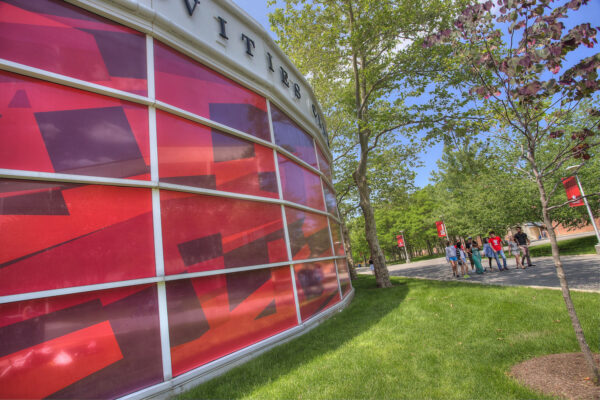How Professional Learning Can Affect Equity
Title: Teaching, Learning, Equity and Change: Realizing the Promise of Professional Learning
Authors: Bret Eynon,Jonathan Iuzzini, H. Ray Keith, Eric Loepp, and Nicole Weber
Source: Achieving the Dream and the Online Learning Consortium in partnership with Every Learner Everywhere
Every Learner Everywhere has released a new report in tandem with Achieving the Dream and the Online Learning Consortium that provides insight into four key questions about the use of professional learning to serve racially minoritized and poverty-affected students.
The report explores the status of professional learning on campuses, how institutions deploy professional learning to support equity-focused teaching and learning, best practices, and where assistance is needed. The 2022-2023 survey consulted a hundred respondents, ranging from Centers for Teaching and Learning (CTL) directors and staff, provosts, and other campus leaders. The ACE/POD Center for Teaching and Learning Matrix was used to inform the report.
Key findings from the survey include:
- Only 39 percent of all respondents believe that their CTLs are well funded, and at minority serving institutions (MSIs), the figure was only 29 percent.
- New methods are needed to support the shift to remote learning and generate better access due to the pandemic.
- Over 9 in ten (93 percent) MSI respondents would welcome capacity-building partnerships.
- Part-time instructors are overloaded and do not have time for professional learning was cited as a major obstacle by 43 percent of MSI respondents.
- More than 7 in ten respondents across all universities in the study agreed or strongly agreed with the statement, “My institution is committed to professional development.” The proportion for MSIs was significantly higher (85 percent) than for predominantly white institutions (64 percent).
This report divides its recommendations into categories based on steps to be taken by campus professional learning leaders, institutional leaders, and ecosystem partners. Recommendations include:
- Professional learning leaders should engage their educators as partners, try to establish sustainable programs, retain measurements of the impact of professional learning, and have a forward vision for professional development.
- Institutional leaders should invest in CTL programs, organize programs carefully, engage part-time professors, and demonstrate a value for staff growth and development.
- Ecosystem partners (funders, state systems, and national higher education networks) should encourage capacity building, highlight research on professional learning to raise awareness, and set parameters for major grant efforts to necessitate professional learning plans.
To explore findings and methodological information about the report and survey, click here.
—Alexandria M. Falzarano
If you have any questions or comments about this blog post, please contact us.


